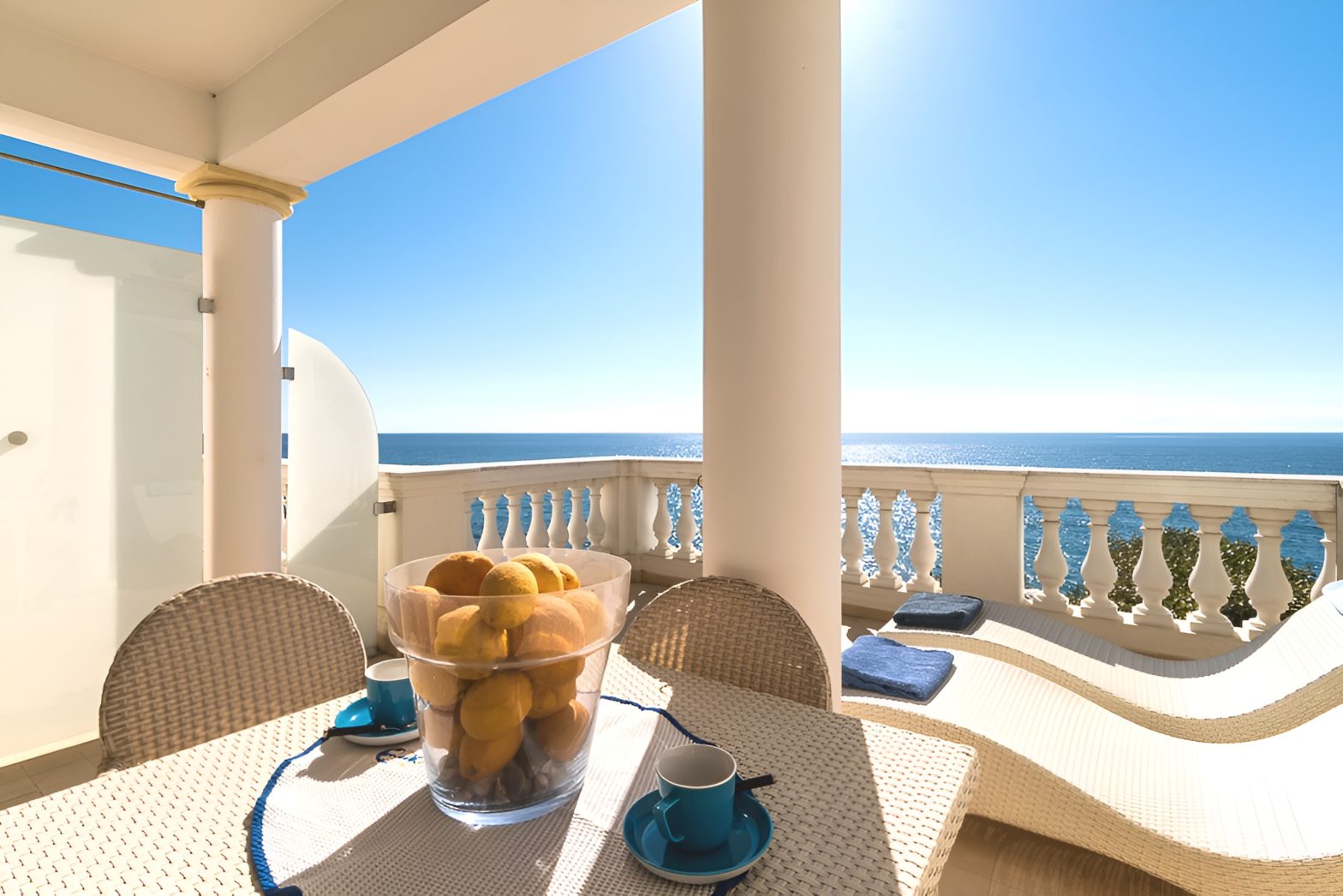Guide to Renting a Home in Italy.
Have you found your dream home in one of Italy’s most charming cities, but don’t know where to start? We understand. Every week we talk to people entering the Italian housing market for the first time.
Renting a home in Italy might seem complicated, but with the right information – and a pinch of patience – finding the perfect apartment can become a clear and even enjoyable journey.
This guide was created specifically to answer the most frequently asked questions from people searching for a rental in Italy. One of the most common is, for example: “Is it always necessary to register the contract?”
It sounds like a simple question, but it hides understandable doubts for those who don’t know how to navigate such murky waters. However, our guide will act as your Virgil, making the whole process easier.

Overview: the main types of rental contracts.
In Italy, there isn’t just one way to rent a house: the type of contract depends on the duration of the stay, the needs of the landlord and tenant, or the purpose of the rental (residence, vacation, study, and/or work). Understanding the most suitable option helps avoid mistakes, unfavorable clauses, and any kind of misunderstandings. Here are the four main types of rental contracts in Italy, designed for different needs and durations.
1. Tourist or vacation rental contract.
- Duration: from a few days to a few months;
- Target audience: tourists or temporary travelers;
- Features: includes already furnished properties, often located in tourist areas. The rent is generally higher, whether utilities are included or not. The “Cedolare Secca” tax option may or may not apply.
The tourist rentals offered by our agency are mostly available for stays of no less than one month, with some exceptions depending on the property and time of year.
As a rule, the apartments come equipped with all dishes, pots, and cooking utensils. Tenants are usually responsible for providing personal linens such as bath towels, tablecloths, and bedding.
It is essential to declare the presence of pets before choosing or booking a property, and if accepted by the owner, to ask whether there is an additional cleaning fee.
2. Temporary contract.
- Duration: from 1 to 18 months;
- Target audience: students, temporary workers, people with health-related reasons;
- Features: the reason for the temporary stay must be declared and documented. The contract must be registered with the Revenue Agency. It offers flexibility but also requires clear conditions.
3. Free market rental contracts.
- Duration: the most common (and minimum) duration is 4 years + automatic subsequent renewals for another 4 years;
- Target audience: those seeking long-term housing stability;
- Features: the rent is agreed upon by both parties, there is contractual stability, and tenants enjoy strong protections. The Cedolare Secca tax option may apply.
4. Regulated rent contracts.
- Duration: the most common (and minimum) duration is 3 years + automatic subsequent renewals of 2 years;
- Target audience: those seeking stability but with more flexibility;
- Features: rent must comply with locally agreed guidelines, varying by municipality. The contract must be certified by an authorized entity (unions, associations); the contract text cannot be altered, but footnote clauses may be added. The Cedolare Secca option may or may not apply.
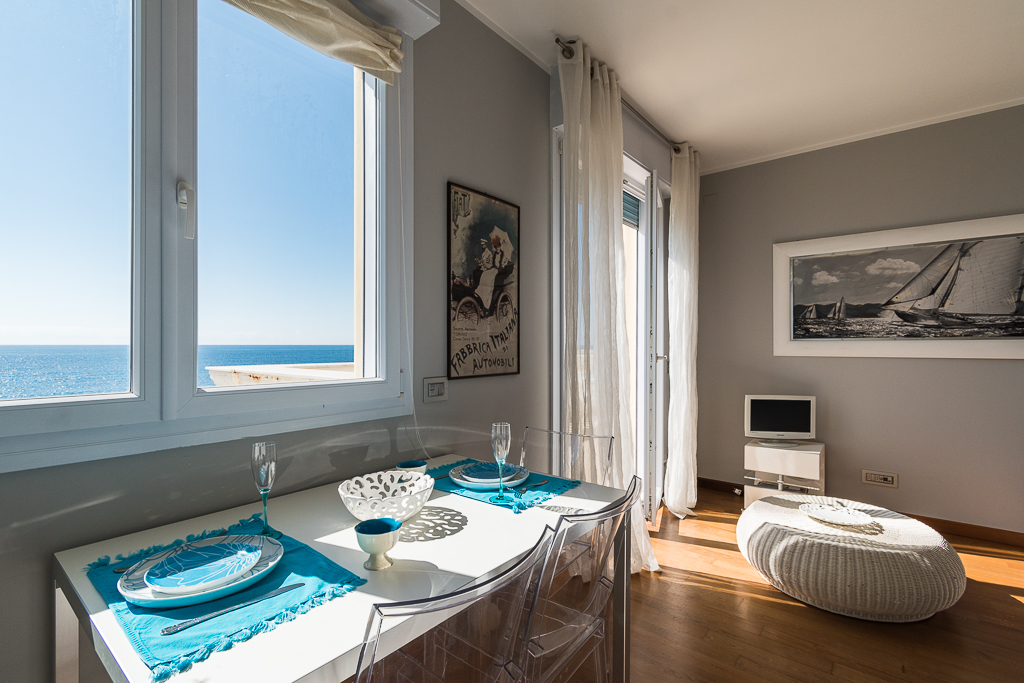
Necessary documents for the tenant.

To access the rental market in Italy – especially in a legal and protected way – certain essential documents are required.
This is particularly true for foreigners, who may not be familiar with local regulations and could miss out on good housing opportunities. Being properly documented from the start allows you to sign a valid contract, register it correctly, and enjoy full rights under Italian law.
Another frequent question we get is: “What documents are needed to rent a home in Italy?” Here’s the list of essentials:
- Valid passport or ID card;
- Italian tax code (Codice Fiscale), needed for rentals over 30 days (can be obtained from the Revenue Agency);
- Valid residence permit (for non-EU citizens);
- Proof of income or bank guarantee;
- For temporary contracts, documentation proving the temporary reason for work, study, and/or health.
What are the expenses to consider?
Many tenants focus only on the monthly rent, but renting an apartment also involves a number of additional costs that are good to know in advance. Some of these may be one-off, while others are recurring.
For this reason, we’ve listed the main additional expenses you should seriously consider before renting accommodation in Italy:
| Tourist Use | Temporary | Residential | |
| Security Deposit | amount varies depending on the apartment, requested at time of booking | usually 1–3 months | usually 3 months |
| Utilities (electricity, gas…) | metered | paid by tenant | paid by tenant |
| Final Cleaning | depending on the size of the property | paid by tenant | paid by tenant |
| Tourist Tax | due, amount depends on the municipality | no | no |
| Contract Registration | only for contracts >30 days, cost split 50/50 between parties | cost split 50/50, stamp duty paid by tenant | cost split 50/50, stamp duty paid by tenant |
| Agency Fee | generally 10% + VAT on the rent | generally 10% + VAT on the annual rent | generally 10% + VAT on the annual rent |
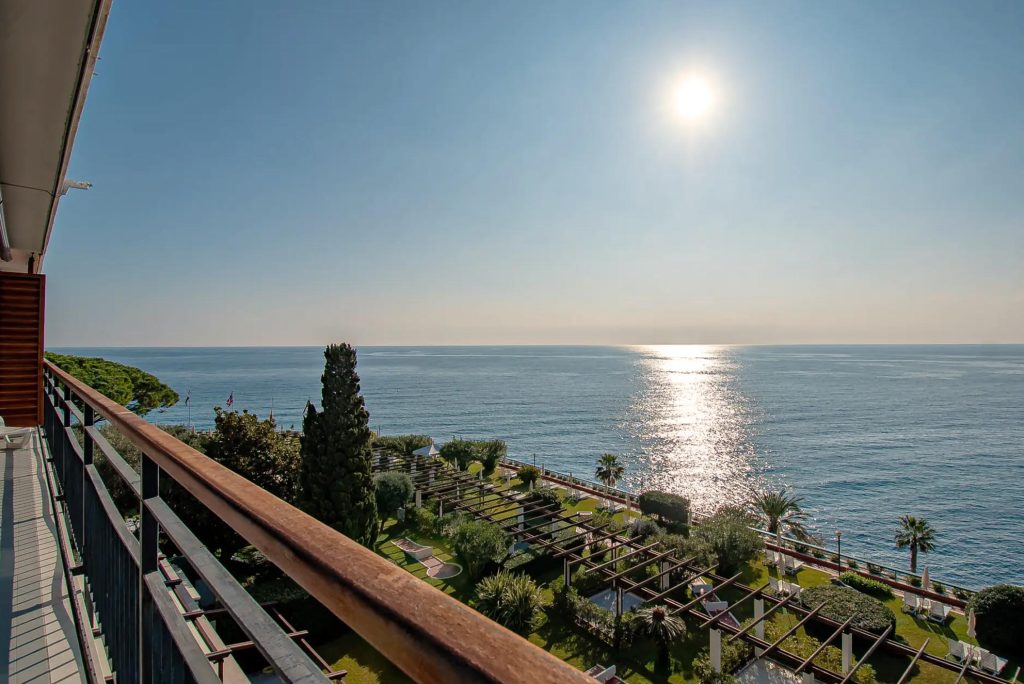
A crucial point: contract registration.
In Italy, lease registration is mandatory for all rentals exceeding 30 days and must be carried out at the Revenue Agency within 30 days from the contract signing date.
Registration can be done by the landlord, the tenant, or an intermediary (e.g., the real estate agency), and it grants legal validity to the agreement. The process includes:
- filling out the RLI form;
- payment of the registration tax (generally split between the parties);
- optional choice of the “cedolare secca” regime, a favorable tax option that allows the landlord to pay a fixed substitute tax, avoiding rent increases and registration fees.
For tourist or temporary contracts, the same rule applies: registration remains mandatory if the duration exceeds 30 consecutive days, even if not continuous within the calendar year.
A copy of the registered contract is always provided to the tenant, and this step is essential for the legal validity of the contract as well as for the protection of both parties.
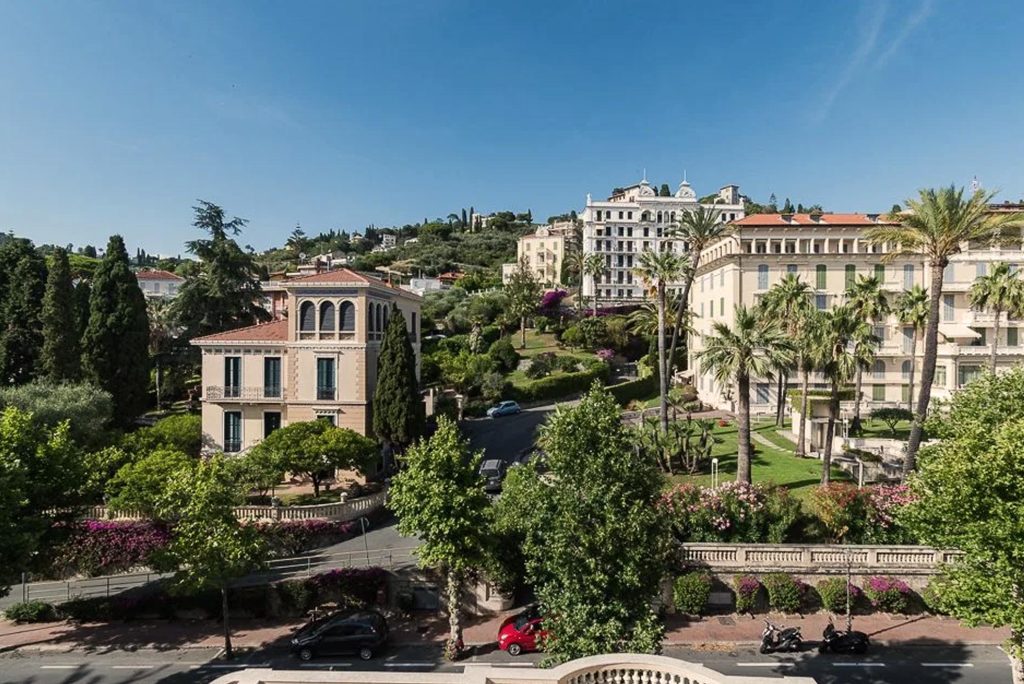
Tenant and landlord rights and responsibilities.
Signing a rental agreement means entering into a relationship governed by law. In Italy, the legal framework is designed to protect both the landlord and the tenant, ensuring balance, clarity, and continuity in the rental relationship.
Knowing your rights and duties helps avoid disputes and ensures a peaceful rental experience. Here are some key rules to keep in mind for mutual and contractual respect:
- Parties cannot arbitrarily change the rent;
- The tenant is entitled to automatic renewal (unless notice is given or in case of serious breaches);
- The landlord cannot terminate the lease before the first contractual deadline (e.g., 3 years in the case of a 3+2 lease) and must give 6 months’ notice;
- Ordinary repairs are the tenant’s responsibility; extraordinary repairs fall to the landlord.
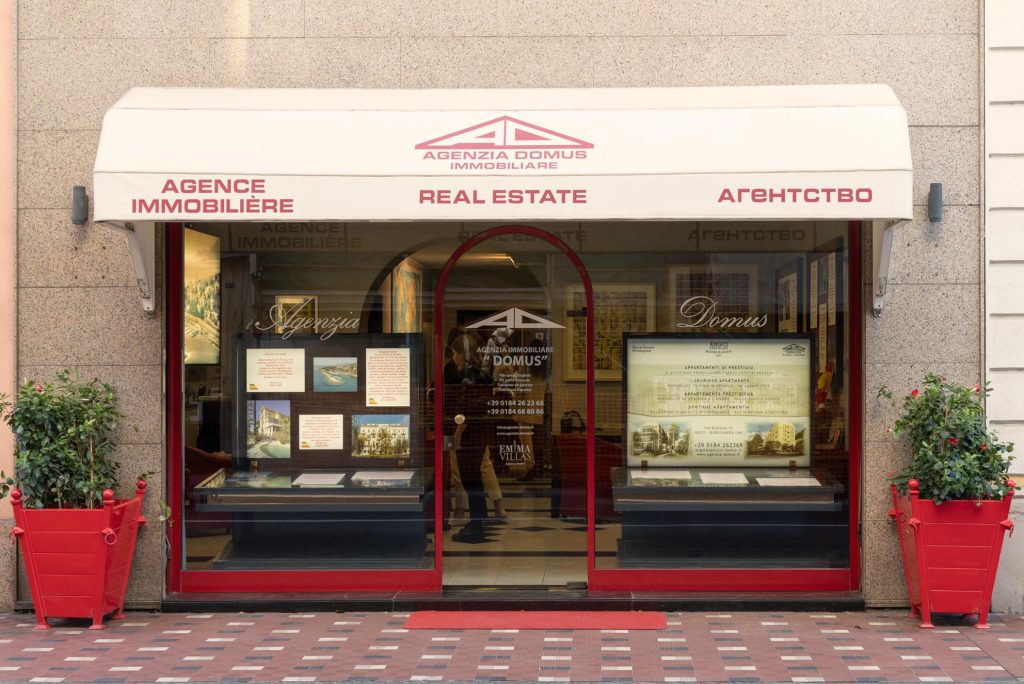
Our Bordighera agency captured by Studio Campo.
Renting a home in Italy: some practical tips!
Renting a home in another country is an exciting experience, but it can also be stressful at times. Keeping some practical tips in mind will help you avoid issues and navigate the Italian market more confidently:
- Always check the condition of the property before signing;
- Read all contract clauses carefully;
- Avoid unregistered or “under the table” rentals;
- Keep all payment receipts;
- Always ask if there are any extra costs beyond the rent;
- Rely on a professional agency to avoid surprises.

featured in this shot by Studio Campo for © FORBES.
Why choose the Riviera dei Fiori and Agenzia Domus.
If you dream of living in Italy, there’s a corner of the world that has everything you could wish for: the Riviera dei Fiori. A mild climate all year round, landscapes that look painted, small villages overlooking the sea, and a slow life filled with authentic beauty.
Places like Bordighera, Ospedaletti, and Sanremo offer not only charming homes but also a Mediterranean lifestyle that captivates you from the very start.
For example, in this article we share 6 reasons to live in Bordighera, a gem set in the Riviera, where every detail smells of history, sea, and nature.
For over 50 years, Agenzia Domus has been guiding Italian and international clients in their search for the perfect property. We know every corner of this territory and can anticipate any questions or needs.
If you’re looking for a rental home in the Riviera dei Fiori, we’re ready to guide you step by step. Contact us and let’s begin your journey toward the home of your dreams.
